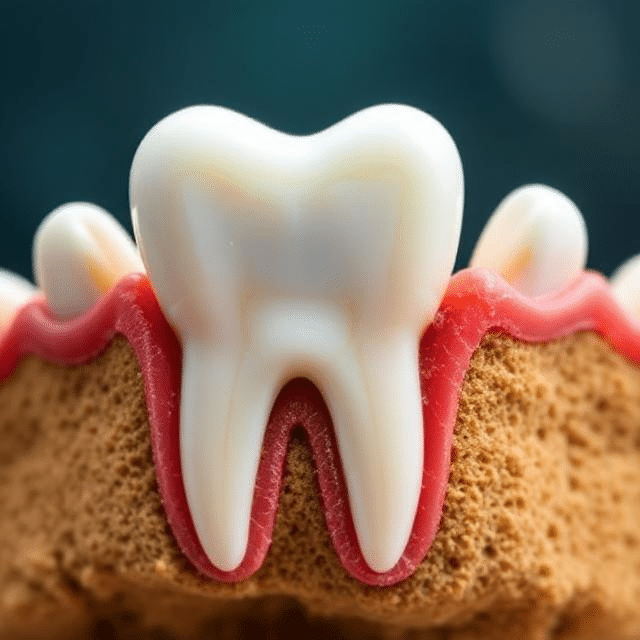How Long Does It Take for a Tooth to Grow Back?
Teeth play a vital role in our oral health, appearance, and ability to chew food properly. However, when a tooth is lost due to injury, decay, or natural shedding, the question arises—how long does it take for a tooth to grow back? The answer varies based on several factors, including age, the type of tooth, and biological processes.
Can Teeth Grow Back Naturally?
Human teeth do not regenerate the way hair or nails do. Unlike some species such as sharks and alligators, humans have a limited ability to replace lost teeth. Humans have two sets of teeth in a lifetime:
- Primary teeth (baby teeth): These start to emerge around 6 months of age and are completely replaced by permanent teeth during childhood.
- Permanent teeth: These begin growing in at around 6 years old and are meant to last a lifetime.
If an adult loses a permanent tooth, it does not grow back naturally. This makes dental care and oral hygiene essential to preserving teeth for as long as possible.
How Long Does It Take for Baby Teeth to Be Replaced?
1. Timeline of Baby Teeth Growth and Loss
Baby teeth, also known as deciduous teeth, start developing before birth and begin to emerge around six months of age. The full set of 20 primary teeth usually develops by the age of 3 years.
These teeth eventually start to fall out between the ages of 6 and 12, making room for permanent teeth. Here is a general timeline for baby teeth loss and replacement:
- Central incisors (front teeth): 6-7 years
- Lateral incisors: 7-8 years
- First molars: 9-11 years
- Canines: 9-12 years
- Second molars: 10-12 years
Once a baby tooth falls out, it takes around 6 months to a year for the permanent tooth to grow in its place.
2. Factors Affecting Tooth Growth in Children
The speed at which permanent teeth replace baby teeth can be influenced by:
- Genetics: Some children inherit slower tooth development patterns.
- Nutrition: A diet rich in calcium and vitamins promotes faster and healthier tooth development.
- Oral habits: Thumb sucking or pacifier use can delay proper tooth eruption.
- Injuries or trauma: Accidents can alter the normal growth process.
What About Adult Teeth Regrowth?
Unlike baby teeth, adult teeth do not regenerate once they are lost. However, there are advanced dental treatments available for those who lose a permanent tooth due to decay, trauma, or gum disease.
1. Dental Implants and Artificial Solutions
If a tooth is lost, dental professionals recommend implants or bridges to replace missing teeth. The process of getting a dental implant can take several months, as the jawbone needs to heal around the implant before a crown is placed.
2. Stem Cell Research and Tooth Regeneration
Scientists are exploring stem cell technology to regrow teeth naturally. Tooth regeneration therapy aims to stimulate the body’s natural ability to regrow lost teeth, but it is still in the experimental stage. In the future, we may see treatments where a missing tooth could be regrown in a few months using bioengineered methods.
Delayed Tooth Growth: When to Be Concerned
If a child’s permanent teeth do not emerge within a year after a baby tooth falls out, it may indicate dental complications. In adults, losing a tooth without replacing it can lead to jawbone deterioration and shifting of surrounding teeth.
When to See a Dentist?
Consult a dentist if you notice:
- Delayed tooth eruption beyond normal age ranges
- No permanent tooth growing in place of a lost baby tooth
- Gaps or spaces that do not close over time
- Pain or swelling where a tooth should be growing
Final Thoughts on Tooth Regrowth
While baby teeth naturally fall out and are replaced, adult teeth do not grow back once lost. The best approach to maintaining a healthy smile is through preventive dental care, regular check-ups, and advanced dental treatments when necessary.
As scientific advancements continue, tooth regeneration may become a reality in the future. Until then, protecting our teeth through proper hygiene, nutrition, and professional dental care remains the best way to keep a healthy and beautiful smile for life.
How Evolving Cancer Treatments are Shaping Modern Healthcare




